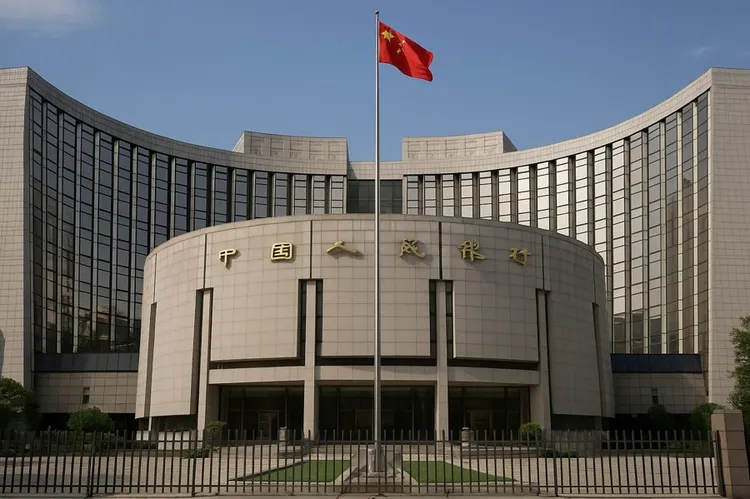China’s central bank, the People’s Bank of China (PBoC), is taking significant steps to broaden access to its offshore bond markets for Chinese investors, signaling a major shift in its approach to capital controls and international financial integration. This strategic move is part of a larger initiative to liberalize financial flows and enhance the global role of the Chinese Yuan. Recent announcements detail plans to expand the Bond Connect program, a key component of the Southbound Connect initiative, to encompass a more diverse range of domestic institutions. Previously, access was primarily limited to large banks. Now, the PBoC is actively inviting participation from brokers, mutual funds, wealth managers, and insurers, broadening the potential investor base and promoting greater market liquidity. This expansion represents a crucial step in facilitating two-way market access and fostering a more integrated global financial landscape.
The PBoC’s commitment extends beyond simply expanding the Bond Connect program; they are also bolstering the Swap Connect scheme. By increasing the quota available under this scheme, the PBoC is significantly enhancing the flexibility and accessibility of hedging and interest rate swap instruments for Chinese investors. This increased access to derivatives will be particularly beneficial in managing currency risk and optimizing investment strategies. The news follows earlier reports that authorities are seriously considering doubling the quota of the Southbound Bond Connect program, potentially reaching an impressive USD 139 billion. Such a substantial increase would represent a landmark achievement in easing capital controls and fundamentally altering the dynamics of the offshore bond market. This expanded capacity would enable a dramatically higher volume of investment flows, further cementing China’s position as a major global financial player.
The PBoC’s actions demonstrate a proactive approach to managing capital flows and capitalizing on the growing demand for Chinese assets. By streamlining access and increasing capacity, the PBoC is not only bolstering its own financial system but also paving the way for increased foreign investment and a more balanced global financial system. The long-term implications of these measures are considerable, suggesting a sustained commitment to financial liberalization and a growing role for the Yuan in international finance. This represents a pivotal moment for China’s financial sector and a development closely watched by investors and policymakers worldwide. The move aligns perfectly with Beijing’s overarching objective of elevating the Yuan’s prominence on the international stage, promoting its use in global trade and investment. Simultaneously, the initiative aims to diversify investment channels for domestic financial institutions, reducing their reliance on traditional onshore markets and exposing them to a wider range of global opportunities. The increased access to offshore bonds allows Chinese institutions to gain exposure to international risk-free rates, manage currency fluctuations more effectively, and participate in a broader spectrum of investment strategies.
























